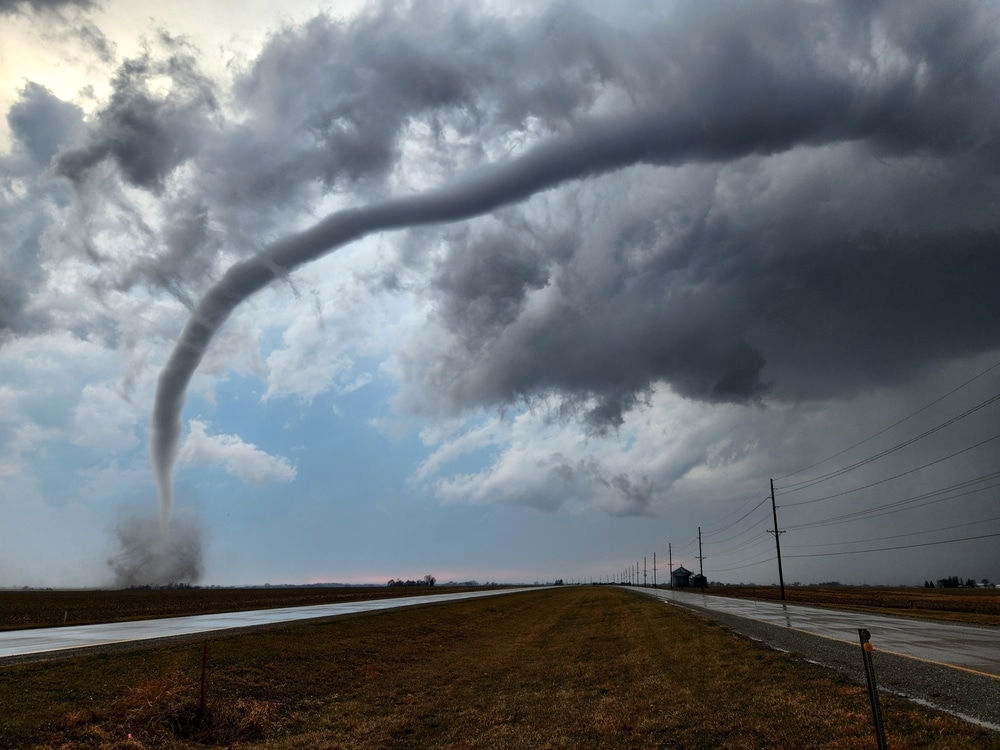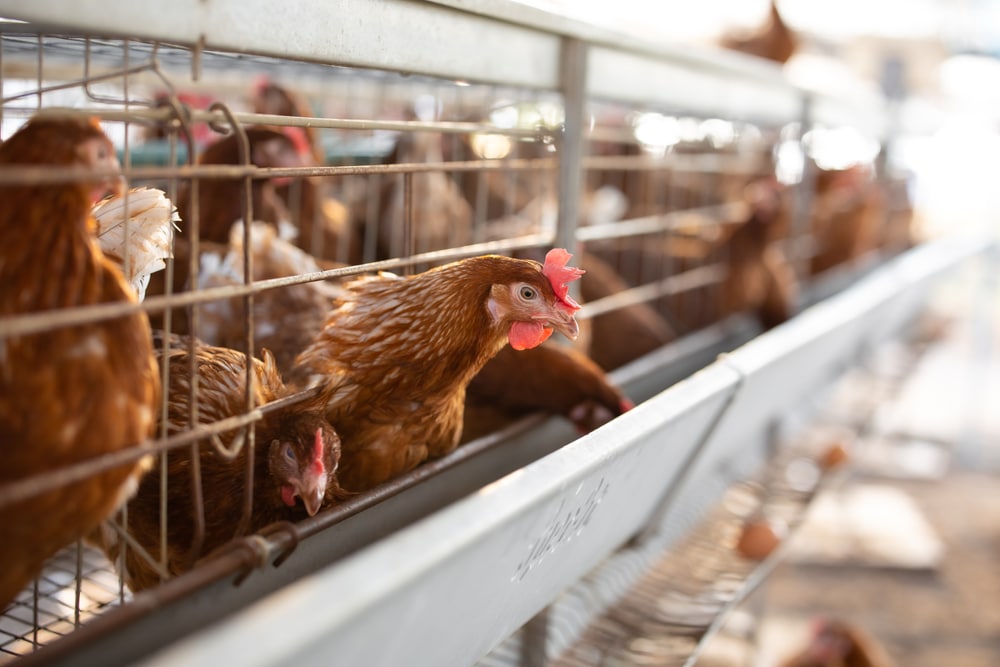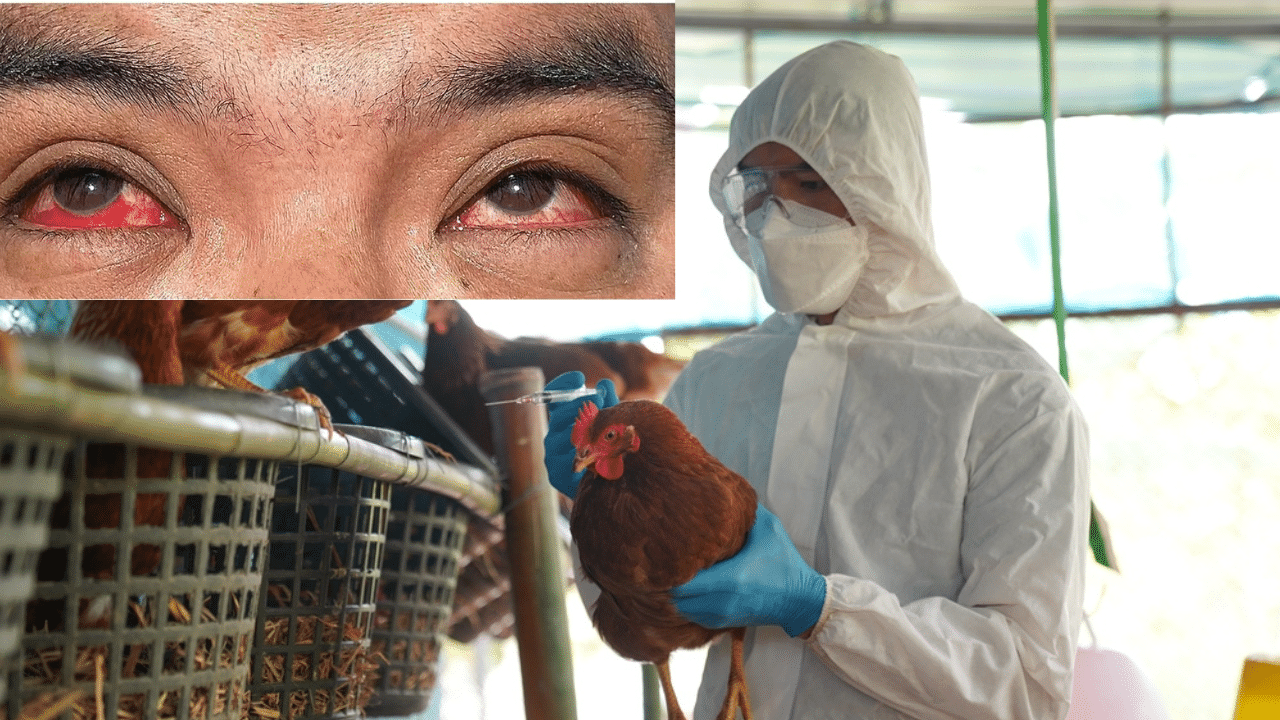A top bird flu scientist has declared he no longer drinks cow’s milk amid the alarming outbreak in cattle across American farms.
Dr Rick Bright, a virologist and former director at the Department of Health and Human Services, revealed his decision on X, warning that the virus — which has infected two Americans so far — could still be active in milk.
‘Minor inconvenience to pause my milk consumption while waiting for data,’ he said. ‘Delayed transparency influenced my decision.
‘Having worked with this virus for nearly three decades, I’ve learned to respect it and its surprises.’
The worrying comments come days after the FDA revealed that traces of the virus have been detected in grocery store milk. Separate testing in Ohio suggests that nearly 40 percent of all milk in stores could be affected.
Scientists are demanding more evidence from officials to prove that milk is safe after pasteurization when it is rapidly heated and then cooled to ‘kill off’ any viruses or bacteria.
Experts are particularly weary of assurances from public health bosses — as the FDA previously said the virus could not enter the milk supply due to pasteurization.
Dr Bright said: ‘I’ve spent 27 years studying H5N1 viruses. So, I will wait for data, which I hope will come soon from both FDA (pasteurization) and USDA (genomic data and raw milk handling).’
He added: ‘When H5N1 [the strain of bird flu] news broke, [I said] “They would have to do a lot of testing before I would drink milk from one of these farms at this point”.
Some experts have suggested that the traces detected in milk represented dead viruses, which means that heating the liquid effectively killed off the microbes.
Jeanne Marrazzo, the new director of the National Institute of Allergy and Infectious Diseases, revealed yesterday that scientists had found H5N1 found in milk samples bought from stores did not grow in petri dishes.
However, she admitted, the work was done on only a small number of samples, and the study has not been released to the public.
‘While this is welcome news, the effort studied a small number of samples that is not necessarily representative of all retail milk,’ she said, reports STAT.
‘So to really understand the scope here, we need to wait for the FDA effort.’
Concerns also exist over the potential for bird flu to enter the meat supply, but so far, the virus has only been detected in dairy cattle.
Readers of Dr Bright’s post have also expressed concern over drinking milk, including Karen Piper, from Seattle, who said, ‘I think I will pause on the milk until they figure this out.’


















